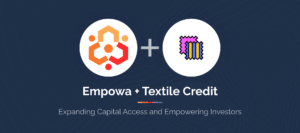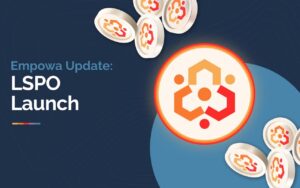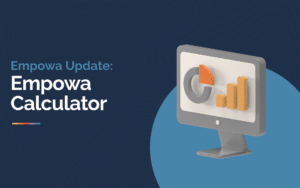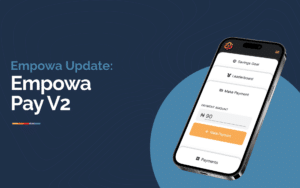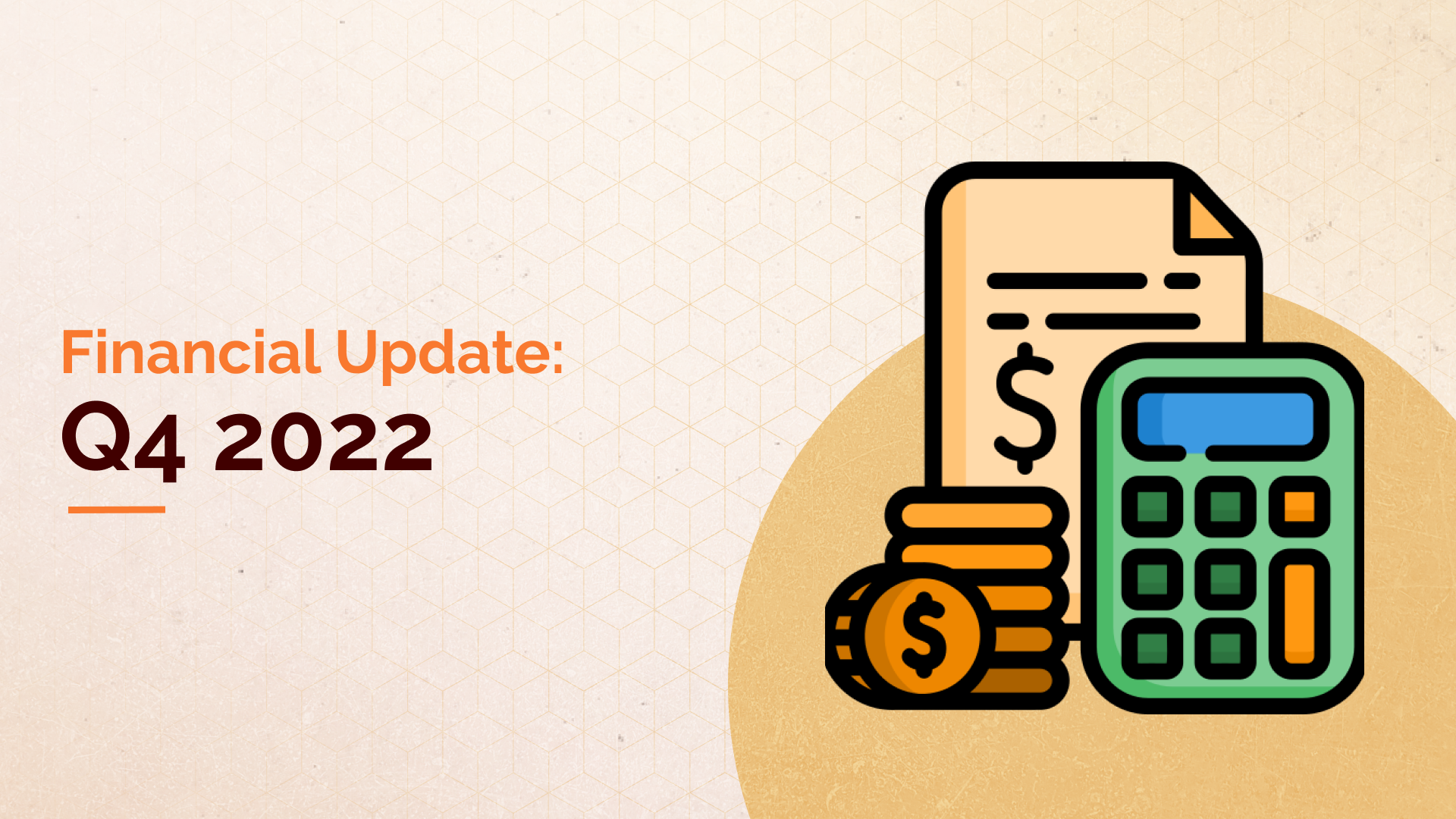
We are excited to share some financial insights from the first full quarter of the World Mobile and Empowa Seed NFT. Starting October 2022 all 30 homes were occupied. The data below is focused on the performance of these lease-to-own agreements for Q4 of 2022. The team is hard at work building the Empowa Pay application that will allow our local partners to more easily record payments received and ultimately transfer and verify this data in real-time to the blockchain. To find out more about the Empowa Pay project and the support being offered by Mercy Corp Ventures click here.
Loan Health
This quarter saw the payment rate at a staggering 96%. This indicates that not only are most clients paying their leases, but the vast majority are also paying them on time. A minor discrepancy of 4% is normally an indication, either of late payment or late processing, and in this case, initial investigations seem to indicate that it was a late payment, received after Casa Real closed for the festive season so the money received was not recorded within the period. This has since been caught up.
From an Empowa perspective, the risk of default sits with the local partner in-country. Ultimately they are responsible for the lease-to-own payment and the performance of individual tenants are valuable data points in helping us determine client performance, but late payments by tenants do not constitute a default. You can find out more about how we score loan health by reading our article here.
With the principle of decentralisation, the local partner is far better suited to both assessing and managing this risk through their knowledge of, and relationships with, the lease-to-own tenants on the ground. This is one of the significant strengths of the Empowa model because while the developer is liable for the repayment of the leases, the risk is actually diversified across many different families. It is also up to the local partner to ensure that should anything go wrong with such payments, they can still cover the minimum payments due. They do this through such traditional mechanisms as rental deposits, but Empowa is assisting in this process through the Empowa Pay app, which motivates client payment by communication and encouragement of “equity” payments.
We go into more detail about the difference between the lease and equity payments below and in this article read here, but it is worth noting any saved-up equity can be used to offset lease payments in the short term. Social reputation is another key factor, as due to the limited funding opportunities in the market and the tenant’s desire not to ruin their reputation, the tenant may opt to move out in order to have the option to return to an Empowa-funded home at a later stage when their financial circumstance improves.
Empowa Pay will keep an on-chain record of lease payments. In the same way, credit scores motivate borrowers to service their debt in developed economies, this on-chain record will serve as motivation to either make a payment or move out.
Equity Payments
An even more positive metric is the contribution to the equity component of the home. Just 5 months in we have already received 5% of the total outstanding equity. To better understand the significance of this metric it helps to understand the nature of a lease-to-own contract.
A traditional mortgage sees a borrower pay a set amount each month with a percentage going to interest and the balance going to paying back the initial capital. This makes sense when the lender has a fixed, known income that has little variability.
In developing markets this predictable income is seldom the reality. While a borrower may have some fixed income they are likely to also receive some variable income throughout the year. This may be the result of increased income during tourist season, additional capital during a harvest period or injections of income from within the extended family, to name a few.
In terms of the Empowa lease-to-own offering, a lease-to-own tenant is obligated to pay a set amount each month, which represents their committed rent. They are then free to contribute to the equity of their home as and when they are able to do so and based on the intermittent sources of income prevalent in the informal environment. As long as a tenant is paying their monthly rent, they can remain in the house even if they have nothing to contribute to the equity portion in that month.
As mentioned above, we have already seen 5% of the equity portion of the homes repaid. This has exceeded our expectations as for most households, moving into a new home entails a number of extra initial expenses. From moving costs to new items, our models had not predicted that tenants would be able to contribute to their equity this early on. Such significant and early contributions only serve to reiterate the fact that a lack of affordable housing is more a symptom of poorly designed financial products that do not meet the realities of those on the ground, than poverty. It also further demonstrates the desire of lease-to-own tenants to pay off their homes sooner so as to own the asset as soon as possible.
For those wondering what happens to their return should a significant portion of tenants pay back their equity early and therefore no longer need to pay rent, it is important to remember that Empowa has a contract with the service provider and not the tenant. From the start, we have shared with our community that this is a journey and that there are many questions that are, as yet, unanswered. There are different ways to address this, but the one thing that we do know is that this is a “problem” that we hope to have! If we have this “problem”, Empowa will have fundamentally addressed every assumption about the ability of the urban poor to pay capital for climate-smart affordable housing when the product and the financing meet the real market needs. This is not a problem, but an extremely exciting opportunity for refinancing or scaling or some other exciting solution that will continue to create value.
From the customer’s perspective, early payment towards owning the home means that a family now owns their home earlier than expected. This hugely increases the impact made, developing climate resilience and creating an asset of value for the family. This empowers them to become part of the financial system (financial inclusion). This value-add speaks to both the Empowa ethos and the earn-with-impact approach to investors.
Naturally, it is still too early to draw any major conclusions, but we are excited to see such positive results from the unique Empowa lease-to-own approach for emerging markets where the mortgage market is dysfunctional. We recently added a financial reporting function in the Empowa explorer. This will allow NFT holders to connect and view the latest financials. The above metrics along with the impact made by the NFT can be viewed there. If you own a WMT and Empowa Seed NFT please click here to access the explorer and see more details on the impact and financial performance of the NFT.

